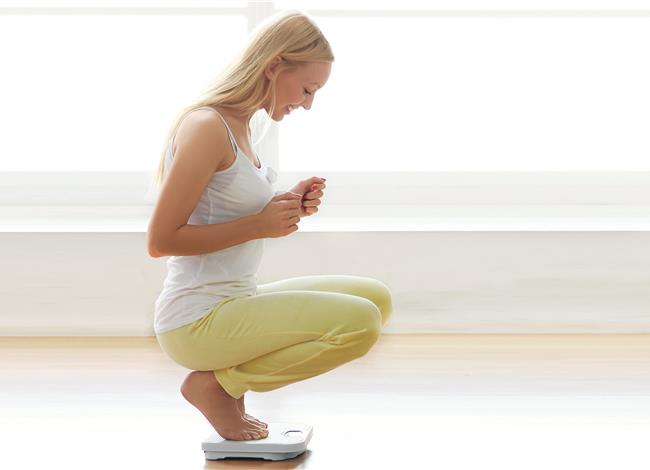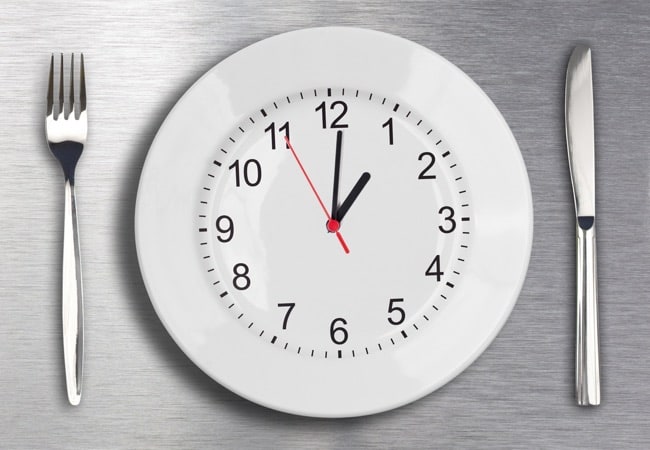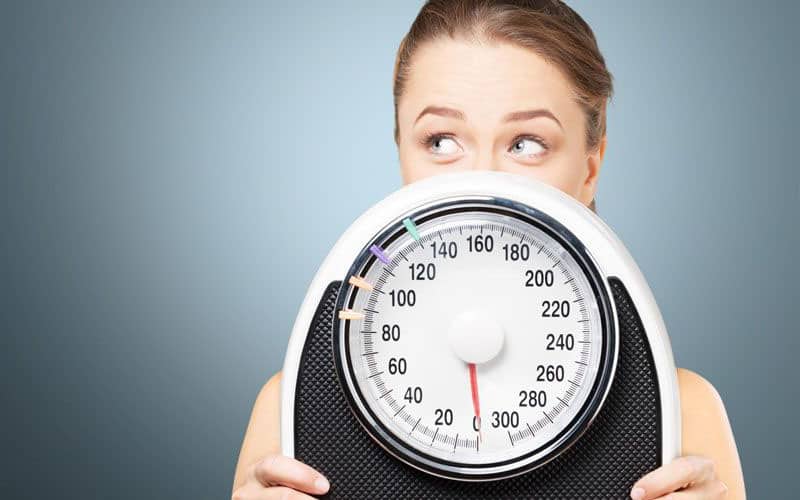
Weighing yourself during weight loss can be a practical tool to help you be successful and honest with your weight loss progress. How often you should weigh yourself can depend. Most studies indicate frequent self weighing can help weight loss efforts long term and successful weight maintenance.
What is frequent self weighing? This can vary. Weighing yourself every or every other day may work best for some people, or weighing yourself weekly as a check in is often a component for many weight loss programs.
Remember, you don’t HAVE to weigh yourself if you’re trying to lose weight.
Some people prone to obsessive thoughts about weight or fear of gaining weight may do better to not use the scale.
The number on the scale is just one way to measure weight loss success.
Your weight can fluctuate widely throughout the day, so if you do weigh yourself it should be done the same time of day.
You should also use other tools to monitor health and overall weight measures like waist circumference, body fat percentage and tracking healthy eating and exercise behaviors.
See also: When is the Best Time to Weigh Yourself?
Daily weighing
The benefit of weighing yourself everyday is it may help keep you from straying too far off track of your weight loss efforts.
A 2005 study (1) concluded daily weighing can be a valuable tool for weight loss and to help prevent regaining weight.
Seeing the number on the scale everyday can be strong feedback to stay on track with weight loss efforts.
Members of the National Weight Control Registry (NWCR) are a group of people researchers have been tracking because they have successfully lost weight and kept it off.
Just under 50% of people in the NWCR claim to weigh themselves daily. This suggests daily weighing may be helpful even after you lose the weight and may help with weight maintenance.
Many people like to weight themselves first thing in the morning before eating anything.
You can weigh yourself anytime of the day as long as you are consistent with when you do it.
If you weigh yourself one day in the morning and the next day in the evening, there could be difference in weight simply from the normal weight fluctuation throughout the day based on fluid levels, etc.
Every few days weighing
If you find weighing yourself daily makes you obsessing about your food intake and weight, you may do better with weighing less frequently.
Weighing yourself every other or every few days can still be a helpful tool for keeping you on track with weight loss.
Weighing yourself every few days can help you track situations that help or hinder your weight loss.
For example, you may notice on the weekends you usually weigh more than during the week. Or, you may notice your weight tends to go up after celebrations or holidays.
If your weight is up, write down what event may have contributed to that. This may help you in the future to prevent weight gain.
Once a week
Some weight loss programs do weekly weigh-ins. Weekly weighing has been shown to be helpful for weight loss and preventing weight gain.
However, the more days in between weigh-ins, the higher risk for regaining weight.
Research (2) from over 2,000 people in various weight loss trials suggests at least weekly weighing is recommended for weight maintenance.
Almost one third of people on the NWCR claim they weigh themselves once a week. As you start weight loss, daily weighing may be encouraged.
However, as weight loss continues and shifts to weight maintenance, transitioning to weekly weighing can be manageable with continued success.
Do you have to weigh yourself?
Most studies looking at long term weight loss success involve some form of self weighing.
Weighing yourself can be a helpful tool for staying on track for weight loss. It can help you see weight creep up you may not otherwise notice.
However, not everyone needs to weigh themselves. Some people may do better without using a scale and may use other means of measurements to track their progress.
If you find yourself obsessing about your weight, using a scale may not be the best tool for you.
If you practice unhealthy eating habits before weighing in, using a scale as part of your weight loss program may not be the best tool for you.
It’s the same as any other weight loss tool like a food journal or fitness tracker.
If it helps you reach your goals without becoming a burden or obsession, use it.
However, if tools like weighing yourself doesn’t work for you that’s ok. Find tools that help you for weight loss without becoming overwhelming.
Other measurements to use for weight loss
Whether you weigh yourself or not, you should use other tools to help track fitness, overall health and weight.
Tracking circumference measurements, lab values, body fat percentage and strength gains are other helpful tools to give you an overall picture of your health.
Besides the scale, try tracking fitness gains with weight loss. Incorporating exercise while losing weight can help ensure you are losing fat and keeping more of your lean mass.
Working with an exercise specialist can help you track your strength gains or increase in endurance or speed.
Tracking fitness gains could be as simple as timing yourself how fast you can run, swim, walk or bike a mile.
Every month or two redo your mile test to see if you are gaining speed.
This is another example of using an exercise tool to track your fitness level which will not show up on the scale.
Tracking circumference measurements can also show changes in your body that may not show up on the scale.
Tracking waist, hip and even arm or leg circumference can also show progress for shifting your weight.












